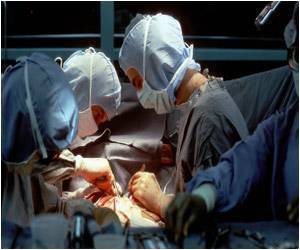There are two aspects to the cultural acceptance of organ donation in India: public acceptance and professional acceptance.

So what really are the barriers to cultural acceptance of organ donation in India?
Many argue that religious beliefs constitute the toughest barrier to overcome for cultural acceptance of organ donation in India, but there is much evidence to the contrary and all major religious traditions (Hindu, Muslim, Jain, Sikh, Christian, Zoroastrian and Buddhist) support an individual’s decision to pledge and/or become an organ donor. There remain, however, various levels of acceptance based on one’s religious affiliation. Most Muslims, Orthodox Jews, and Confucian/Shinto Asians are unlikely to consent to organ donation, whereas most Christians accept organ donation freely. Hindus, despite their strong beliefs in reincarnation, often accept the idea of organ donation out of their belief in Daan, or helping those who suffer. Jains and Sikhs are even more welcoming of organ donation because of Daan.
“Religious objections” to organ donation often have more to do with one’s education on the subject rather than one’s personal religious views. For example, organ and tissue donation and transplantation are allowed according to the Supreme Council of Ulama in Riyadh’s resolution (no.99 dated 6 Dhul Qa'dah 1402). A recent review of 70 fatwas by C van den Branden and Broeckaerton all supported organ donation. Muslim families often consult with their Imams when confronted with a need for organ donation and the Imams themselves may or may not be familiar with all fatwas and impart only their personal opinions (which are, of course, duly followed by the family). This lack of awareness can and does happen in any religion, so focused and informed educational efforts must be undertaken for each individual religious tradition.
Brain death is medically and legally recognized in India as constituting actual death, despite the fact that the heart continues to beat for a period of time even though the brain is dead. Declaration of brain death can be difficult for lay people to understand and there even exists widespread misunderstanding of brain death among physicians.
As in the West, cultural acceptance of organ donation is age dependent in that young people are far more likely than older people to embrace the idea of organ donation, especially when presented with accurate education focused on youth. There is a natural tendency for young people to want to help others and make the world a better place. Organ donation, when explained properly, resonates with youth as a just cause. Studies show that even those as young as 16 years respond positively to organ donation efforts. If youth-focused education campaigns are properly and systematically implemented, it is quite possible that organ donation could become culturally accepted in India within one generation.
There is even a curious reluctance among many transplant professionals in India to embrace deceased donor transplantation and organ donation. Whether this is due to their satisfaction with the current economic state of living organ donation transplant, a reluctance to take on more work or a fear of legal retribution is unclear and likely unknowable.










